
New ‘Nimbus’ Covid Variant Could Spark Summer Wave, Experts Warn

Health experts have raised a warning about a new, highly infectious strain of Covid-19, named "Nimbus," which is rapidly spreading and may lead to a significant rise in cases this summer. The variant is a descendant of the already highly contagious Omicron strain, and has already triggered a notable increase in cases in countries like China, Singapore, and Hong Kong.
According to data from the UK Health Security Agency (UKHSA), 13 cases of Nimbus (scientifically known as N.B.1.8.1) have already been detected in England, and 25 additional samples of the variant have been submitted to an international Covid database since March. While testing has significantly decreased compared to the peak of the pandemic, experts believe that the spread of Nimbus is likely more widespread than the reported numbers suggest.
Rising Covid-19 Cases and the Nimbus Variant's Threat
In the past few months, UKHSA data has shown that the percentage of people testing positive for Covid has reached its highest point of the year, with a remarkable 97% increase in infections compared to March. This uptick in cases is attributed to the Nimbus variant, with scientists cautioning that it could lead to a surge in infections over the next couple of months.
Professor Lawrence Young, a virologist at Warwick University, explained that the arrival of warmer weather, combined with the socialization that typically accompanies summer months, may exacerbate the spread of this new variant. "We are very likely to see a spike of infections over the next couple of months, possibly by later this month or in July," he stated. However, he emphasized the difficulty in predicting the magnitude of the infection wave.
The Immune System and Population Immunity
One of the primary concerns surrounding the Nimbus variant is the waning immunity from prior infections and vaccinations. Experts point out that population immunity, whether acquired through previous infections or vaccinations, is declining. This means many individuals may be at a higher risk of becoming infected or experiencing more severe illness if infected with Nimbus.
As of now, there is no evidence to suggest that Nimbus causes more severe illness or death compared to previous strains. However, it still poses a threat to vulnerable groups, particularly the elderly and those with weakened immune systems. In the UK, Covid was responsible for over 300 deaths in May, underscoring the ongoing risks of the virus.
What We Know About the Nimbus Variant's Symptoms and Spread
Symptoms of the Nimbus variant are similar to those seen in previous Covid strains, including fatigue, fever, muscle aches, and sore throat. Despite the variant's similarities with other strains, its increased contagiousness could result in a significant uptick in cases. As of June, Nimbus accounts for 10.7% of global Covid cases, up from just 2.5% a month ago, according to the World Health Organization (WHO).
Current Vaccines' Effectiveness Against Nimbus
While there is still much to learn about the Nimbus variant, current Covid vaccines, which have been adjusted to target Omicron strains, are expected to remain effective against it. These vaccines have been reformulated to provide protection against the rapidly evolving virus, and experts encourage those who are eligible to get vaccinated.
Urgency of Getting Vaccinated and Protecting Vulnerable Populations
The UK Health Security Agency has emphasized the importance of vaccination, particularly for vulnerable groups, as the country continues to monitor the spread of Nimbus. Currently, individuals over the age of 75, care home residents, and people with weakened immune systems are eligible for free Covid vaccines in the UK.
UKHSA data suggests that individuals who received the booster vaccine in the spring of the previous year were 45% less likely to need hospital care for the virus in the weeks following vaccination, compared to those who were unvaccinated. As a result, the agency is urging all eligible individuals to get vaccinated to protect themselves from both the Nimbus variant and Covid-19 in general.
The Ongoing Fight Against Covid: Vigilance and Preparedness
Despite the challenges posed by emerging variants like Nimbus, the fight against Covid-19 continues to be a global priority. Experts are keeping a close watch on the evolution of the virus and its variants, as well as the impact of vaccination campaigns worldwide. While the emergence of new variants may complicate efforts to manage the pandemic, the development and administration of vaccines remain a crucial strategy in mitigating the spread of the virus and protecting public health.
As we head into the summer months, experts are calling for continued vigilance and preparedness. With the potential for another wave of infections, it is crucial for people to stay informed about the latest developments and follow public health guidelines to protect themselves and others.
Conclusion: Staying Safe in the Face of the Nimbus Variant
The Nimbus variant serves as a reminder that Covid-19 is still a very real threat, and the pandemic is far from over. As we enter a new phase of the pandemic, scientists and health officials are working tirelessly to monitor the virus’s evolution and provide guidance to the public. The rise of the Nimbus variant underscores the importance of maintaining vaccination efforts, staying vigilant, and being prepared for any future waves of infections.
As the weather warms up and social gatherings increase, it’s important to continue taking preventive measures such as wearing masks in crowded places, practicing good hygiene, and staying home when feeling unwell. By doing so, we can help slow the spread of the virus and protect vulnerable populations from severe illness.
With the continued commitment to vaccination and health protocols, there is hope that we can eventually bring the Covid-19 pandemic to an end and protect our communities from its impact.
News in the same category


Experts reveal the effects on your body from eating one meal a day after a sh0cking simulation

Major medical breakthrough: Korean researchers discover “Undo” mechanism to transform tumor cells back to normal

If you often notice ringing in your ears, this might be a sign that you will suffer from ...

Drink water on an empty stomach right after waking up for 1 month and see how you transform physically and mentally

5 types of food that can do wonder for your gut health and digestion

Scientists may have uncovered the reason why weight tends to rebound after loss

The truth about cold water: 5 health concerns you should know
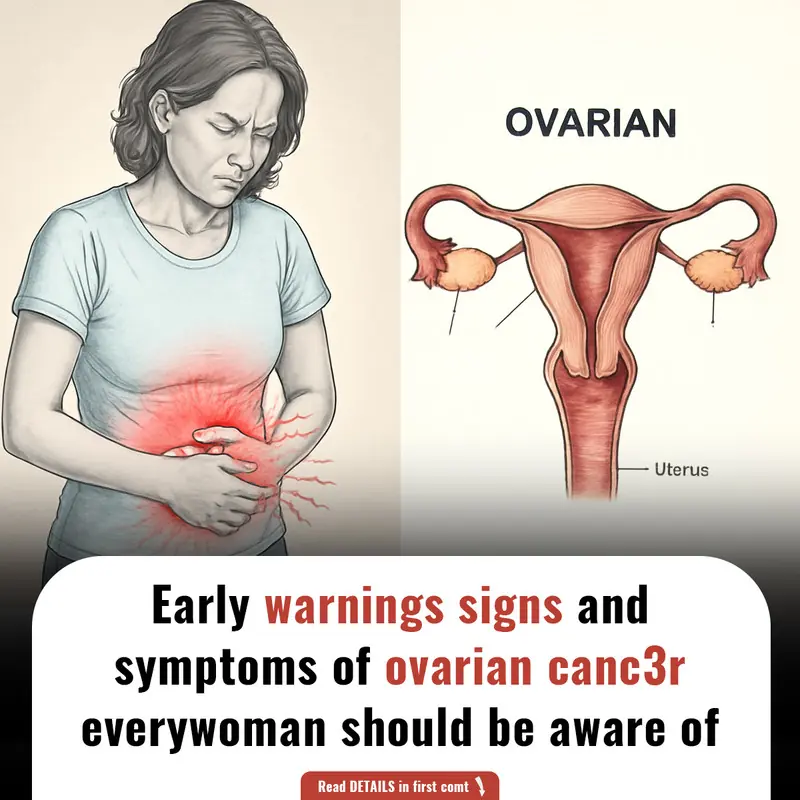
Early warnings signs and symptoms of ovarian canc3r everywoman should be aware of

8 types of food that can fight canc3r many of you didn't know

A 6-year-old boy diagnosed with late-stage canc3r, his father regrets after doctors reveal the cause linked to a popular type of beverage

New injectable male birth-control provides protection for over two years, reports biotech firm

What happens to your bl00d pressure if you eat banana daily: The answer is not what you expected
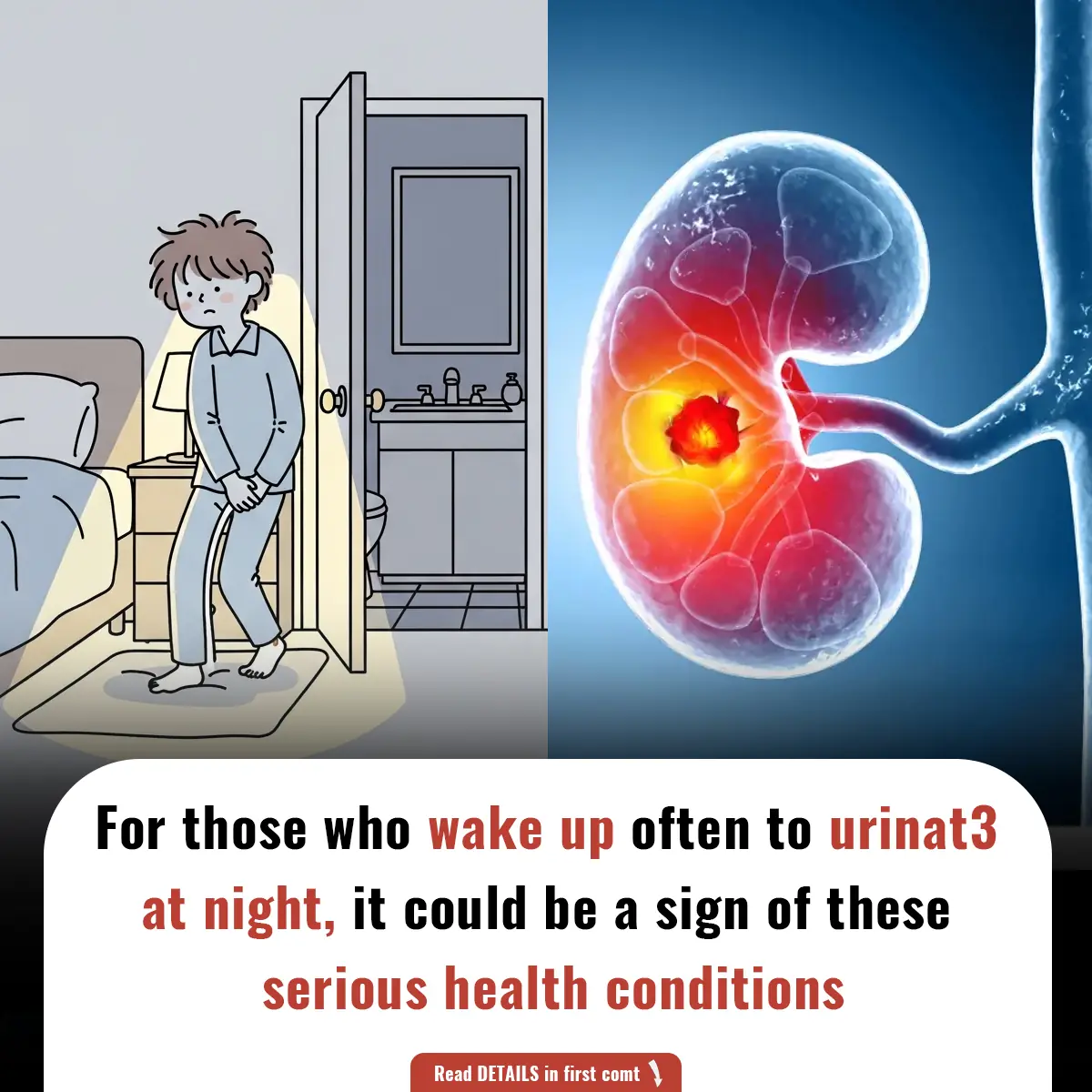
For those who wake up more than 2 twice to urinate at night, it could be a sign of these serious health conditions
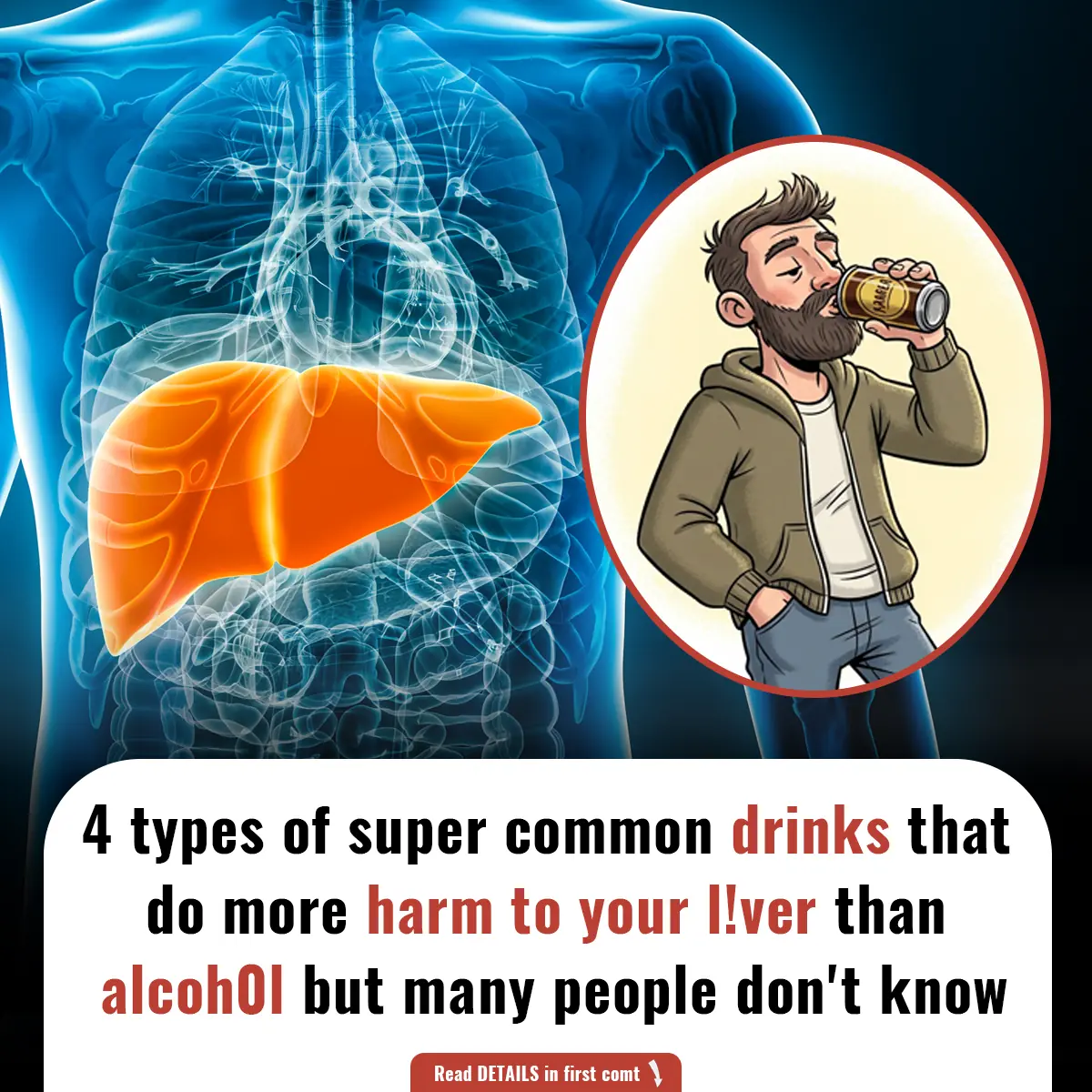
4 types of super common drinks that do more harm to your l!ver than alcoh0l but many people don't know

Early warning signs of diabetes: The reason why it is "the silent k!ller"

When heartburn and bloating isn’t normal: How to k!ll the bacteria causing havoc in your gut
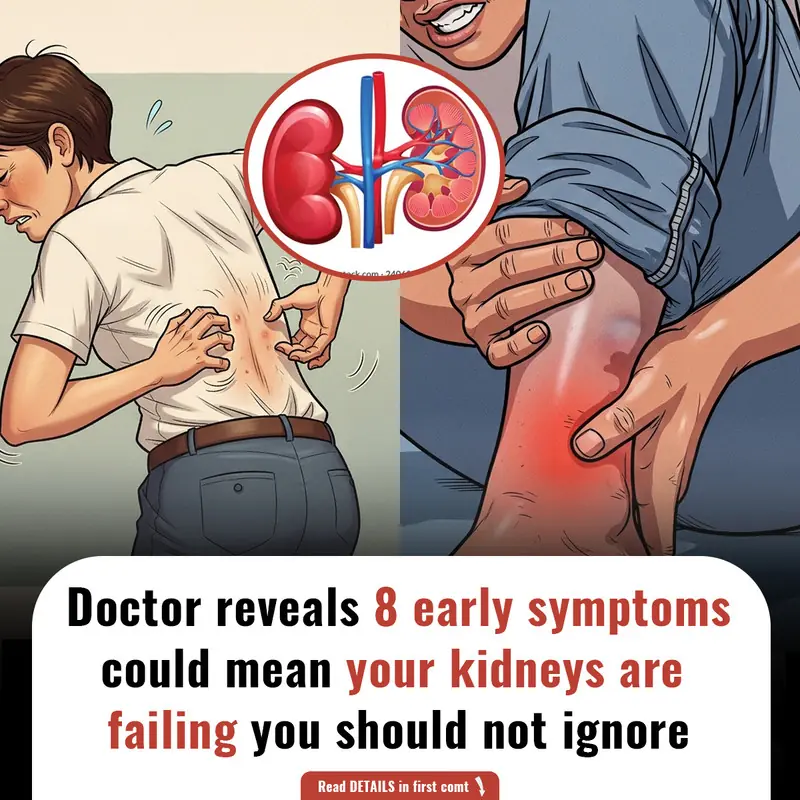
Warning Signs Your Kidneys May Be Failing: 8 Symptoms You Should Never Ignore

Snakebite Season Is Here: A Comprehensive Guide on How to Respond Safely if B!tten by a Venomous Snake
News Post

When washing dishes, follow this method to remove all chemicals: Don't rush and risk "eating" detergent.

An unusual abdominal sign warns of severe fa:tty l!ver: If you see it, get checked immediately.
A gastroenterologist has suggested how to recognize fatty liver disease from an unusual sign in the abdomen.

A 33-year-old woman with metastatic canc3r is healthy 3 years later thanks to consistently doing one thing: "If I'd waited longer, things would be different."
Stunned after receiving the health check results, the 33-year-old woman still felt fortunate because she had detected the dangerous disease in time and still had a chance for treatment.

Don't buy these 3 kinds of oysters; even seafood shop owners won't let their families consume them.
If you want to buy good and clean oysters to eat, you must immediately avoid these types.

Straight vs. curved cucumbers: Which tastes better? My mother, with 40 years of farming experience, shares 3 key secrets.
The 'beautiful' things may have deceived you!

Beyond superstition: 5 items placed at your bedside secretly "drain" your health, leaving you more tired the more you sleep.
Green pots, plush bears, and small decorative items are all commonly seen objects in the bedrooms of many families. However, they can completely affect your health.

Is showering 2-3 times a day good in hot weather? Doctors warn certain bathing habits increase stroke risk.
In hot weather, many people have the habit of showering 2-3 times a day to cool down their bodies. However, is this habit good for health?

A 22-year-old man developed k!dney failure, fa:tty l!ver, and gout simultaneously, regretting drinking one type of beverage for four years.
A 22-year-old young man named Wang Yi, from Taiwan (China), went for a check-up and was unexpectedly diagnosed with kidney failure, fatty liver disease, and gout.

2-Step Korean-Inspired Glowup Routine: Achieve Radiant, Youthful Glass Skin At Home
The combination of rice, flaxseed, and other nourishing ingredients offers numerous benefits, from boosting hydration to fighting free radicals and improving skin texture. Follow this routine consistently, and you’ll be on your way to achieving the cove
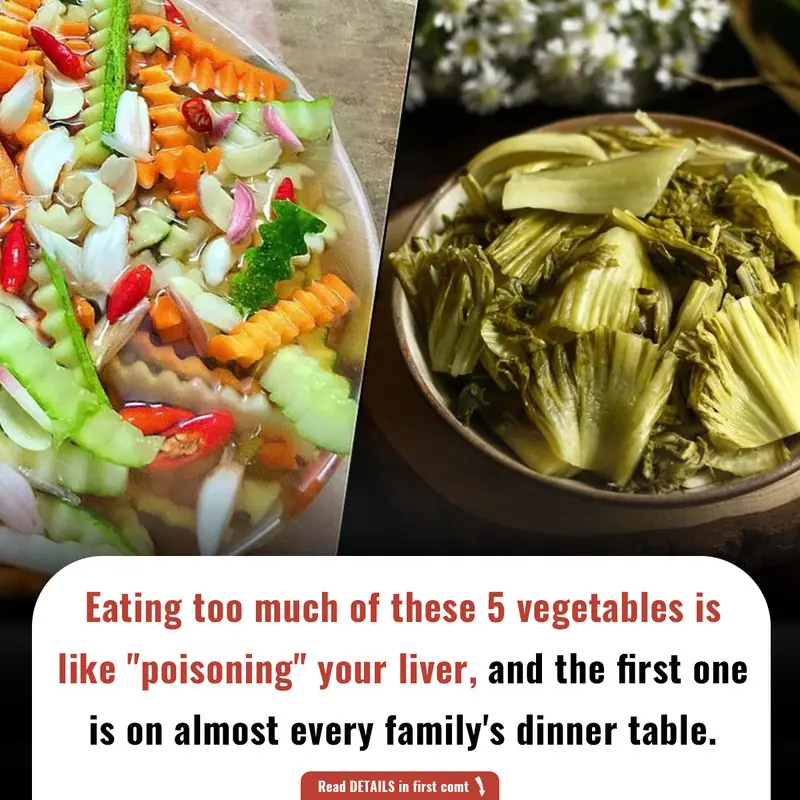
Eating too much of these 5 vegetables is like "poisoning" your liver, and the first one is on almost every family's dinner table.
The liver is an important detoxifying organ of the body. However, some familiar vegetables in daily meals can become silent 'enemies,' harming the liver if not used properly.

The Legacy of Ruby Middleton Forsythe: A Lifelong Advocate for Education and Civil Rights
Discover the inspiring life of Ruby Middleton Forsythe, a dedicated educator who shaped the future of African-American children in South Carolina, teaching for over six decades despite adversity.

A 14-Year-Old’s Work Ethic: How One Young Girl’s Determination is Shaping Her Future
Discover the inspiring story of a 14-year-old girl who took the initiative to get a job, worked hard, and is saving for her future. Learn how determination and responsibility are shaping her dream to become a doctor.
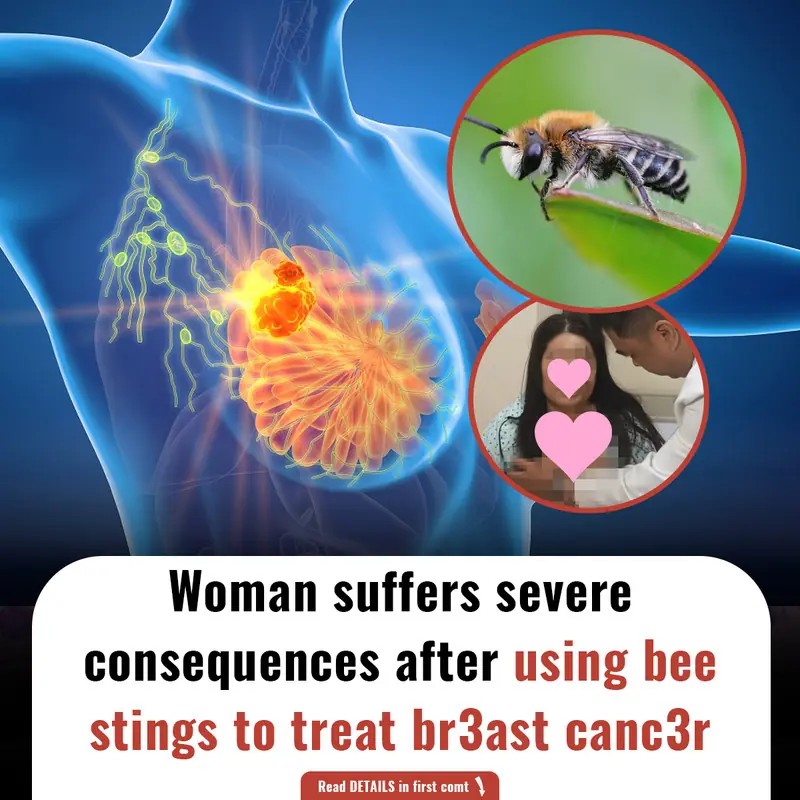
Woman suffers severe consequences after using bee stings to treat breast canc3r
Having breast cancer but not going to the hospital for treatment, instead opting for honeybee stings at home, the woman in Ho Chi Minh City has to bear the heavy consequences as the tumor complicates and metastasizes to many places.

Mid-Flight Miracle: How a WestJet Flight Attendant Became a Baby-Whispering Hero
A family's challenging flight with a crying 4-month-old was transformed by the extraordinary kindness of a WestJet flight attendant. Discover this heartwarming story of empathy and going above and beyond in customer service.

Quiet Strength and Southern Grace: The Unseen Heroism of a Mother-in-Law Named Sharon
Discover the powerful story of Sharon, a mother-in-law whose quiet resilience and unwavering love carried her family through cancer, caregiving, and grace under pressure.

The Wisdom of Experience: How a $10 Withdrawal Taught a Bank Teller a Priceless Lesson
An elderly customer's request for a $10 withdrawal led to a viral moment of hidden wisdom. This compelling story reveals how patience and respect for elders can transform interactions, offering a powerful lesson in customer service and human dignity.

DIY Flaxseed Gel & Okra Hair Gel for Natural Hair Growth and Frizz-Free Shine
By incorporating these DIY treatments into your routine, you can achieve healthier, shinier, and fuller hair—without relying on harsh chemicals or expensive products.

Everyone knows canc3r can be hereditary, but which types of cancer have a higher risk?
Some hereditary cancers related to genetic mutations, such as breast cancer, ovarian cancer, and prostate cancer, can be managed and screened early thanks to genetic counseling.

Katherine Swynford: From Mistress to Duchess and the Legacy of Love and Power
Discover the extraordinary life of Katherine Swynford, from a lady-in-waiting to a duchess, her deep love story with John of Gaunt, and the lasting impact of her children, the Beauforts, on English history.

Prolonged "minor ailments" could indicate canc3r, so beware of these 7 signs.
If you continuously experience headaches, loss of appetite, dry cough, and continuous weight loss... you need to see a doctor immediately as this could be a sign of cancer.